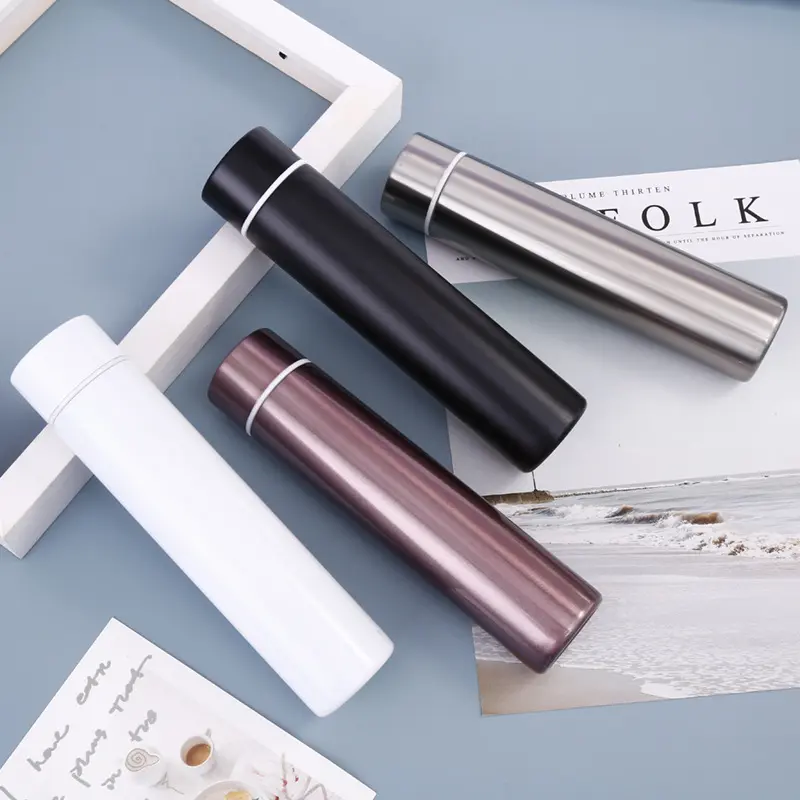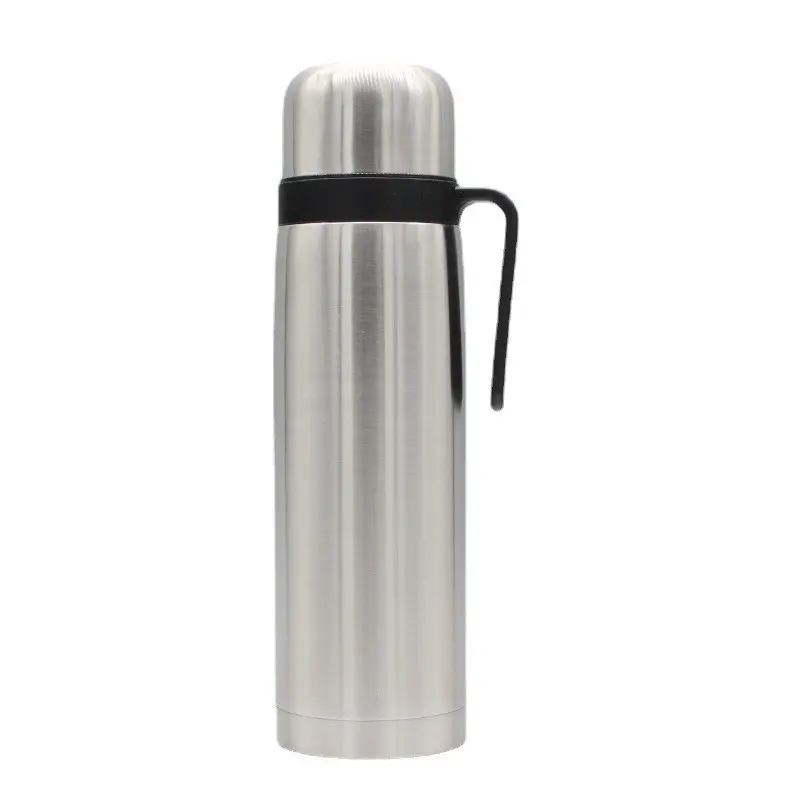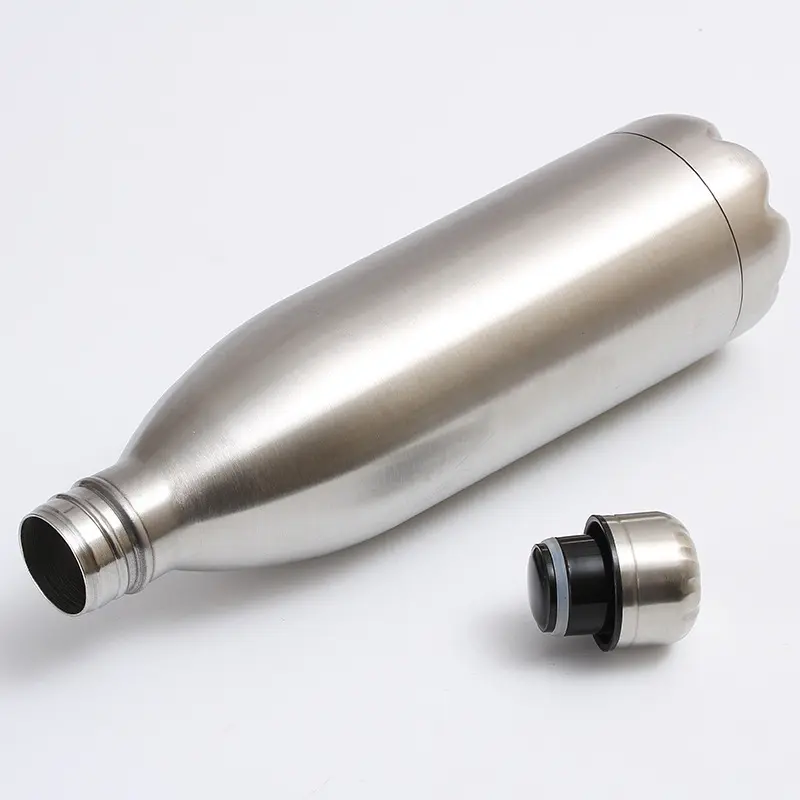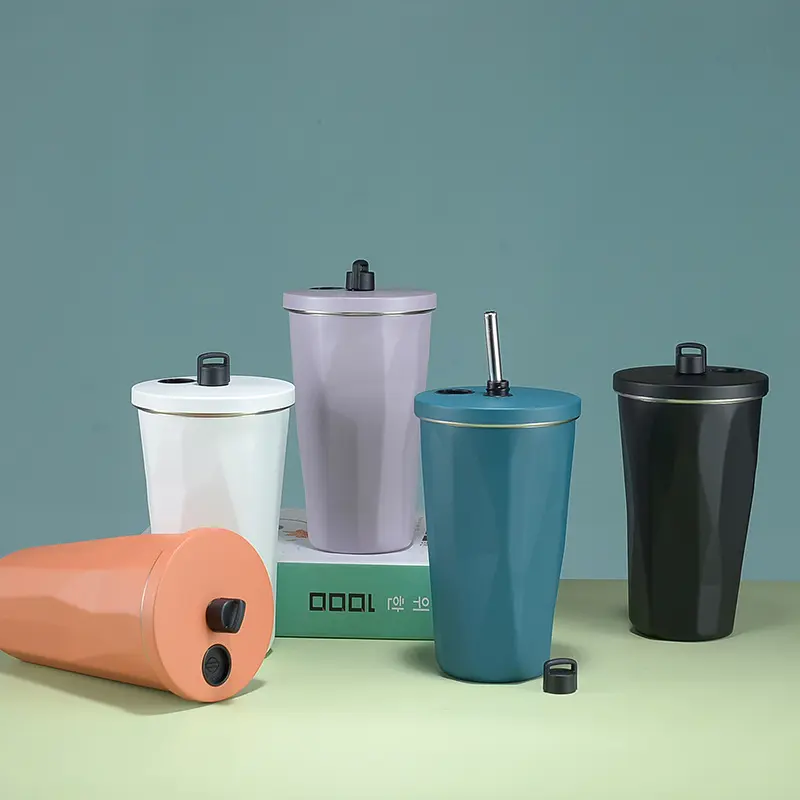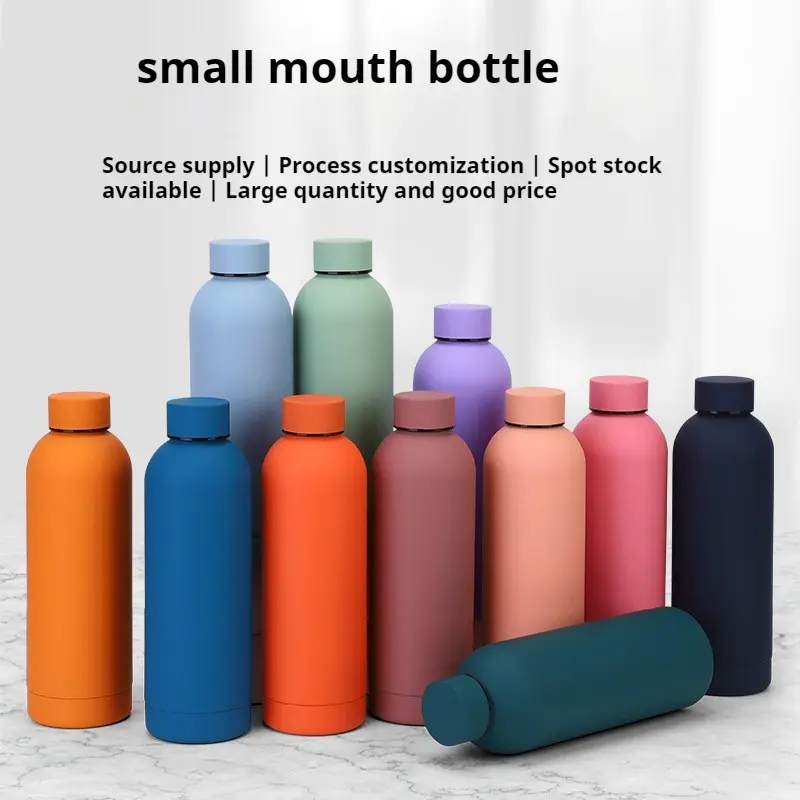What are the dangers of using non-food grade water bottles?
We have written a lot of articles about water cups and thewater cupindustry. We have also explained a lot about what kind of materials are friendly to the human body, but we have not talked about the harm. Today I will tell you about non-food grade water cups and those containing bisphenol A. What harm does the water cup do to the human body?

Take 201 stainless steel as an example for non-food grade. Many previous articles have mentioned that some manufacturers secretly replace materials with inferior ones in order to reduce the manufacturing cost of water cups, and use 201 stainless steel instead of 304 stainless steel. I also explained how to easily and quickly identify the material of stainless steel, so I won’t go into details here. If you need to know more, please read the previous article.
201 stainless steel has low nickel content and high carbon content. It is said to be stainless steel, but it is actually stainless steel that will rust. If 201 stainless steel does not rust, it will be much less harmful to the human body when used, but the iron oxide produced by rust melts in water. If people drink it for a long time, it will cause great harm to the human body. The greatest harm is to the liver, followed by the blood.
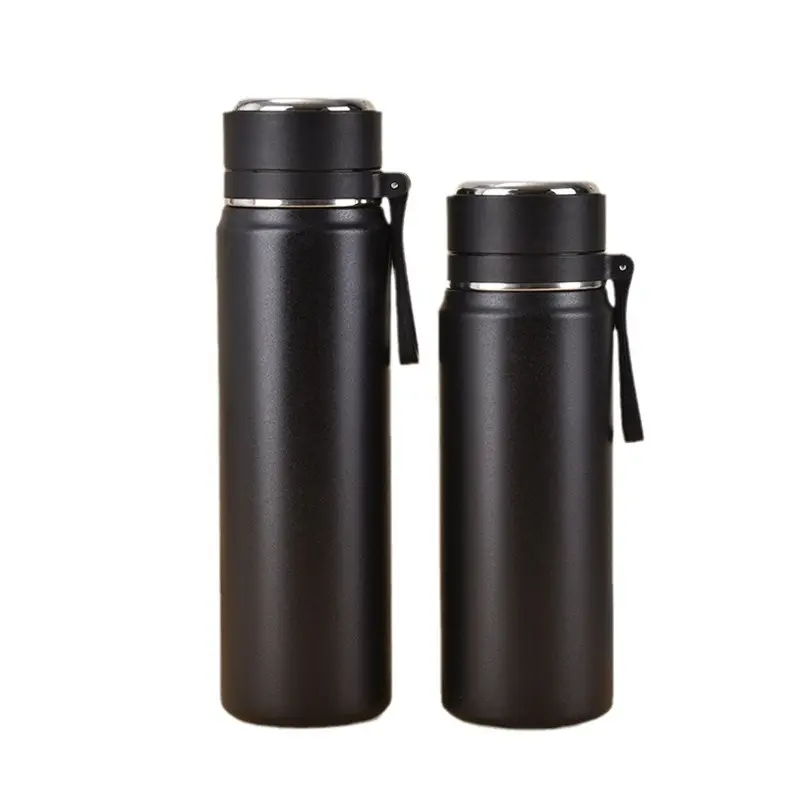
The materials containing bisphenol A are mainly plastic materials. In the plastic water cups we use daily, although the materials are labeled as food grade, these materials will release bisphenol A when the temperature exceeds the temperature that the material can withstand. These plastic materials are made of PC , AS, etc., tritan material does not contain bisphenol A.
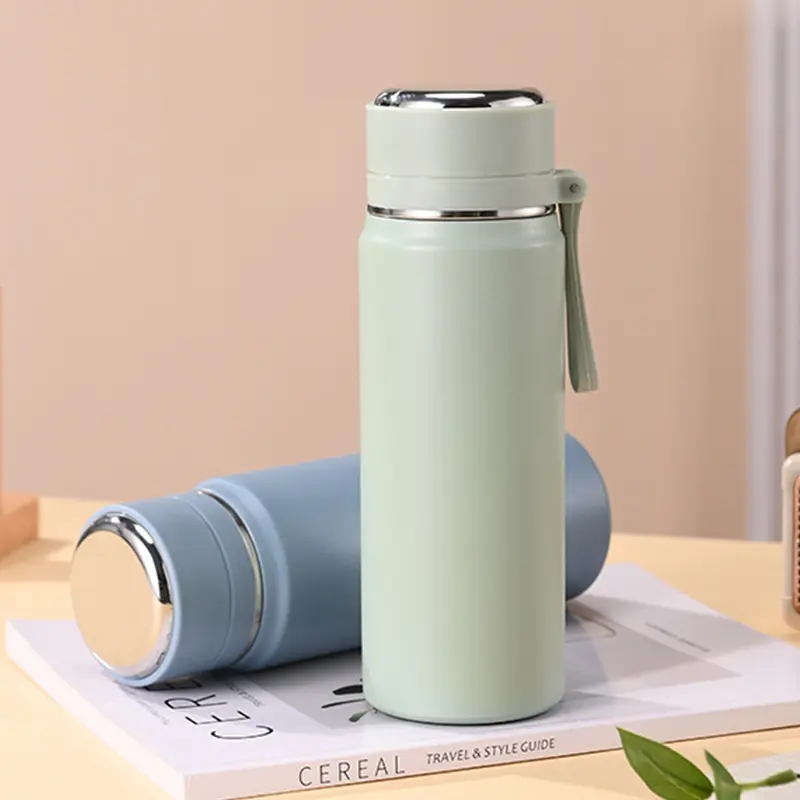
Bisphenol A (bisphenolamine) can dissolve in water and food and interferes with endocrine. It is like a hormone and can be confused with the body's hormones. The diseases currently known to be caused by bisphenol A are mainly breast cancer and prostate cancer. , obesity and ADHD in children, and can seriously damage children's reproductive development.


